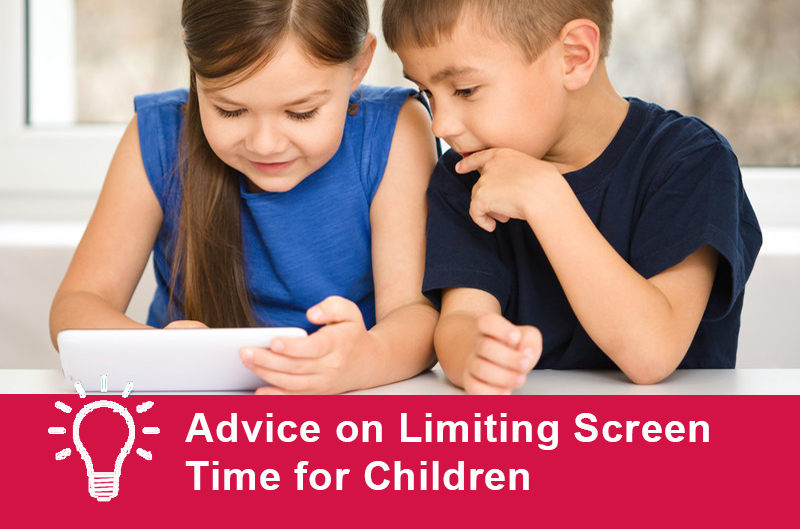Advice on Limiting Screen Time for Children
The Carlat Psychiatry Blog, Volume , Number ,
https://www.thecarlatreport.com///
When used appropriately, screen media can be useful rather than harmful. But with children, there must be limits, says Mary G. Burke, MD of the Sutter Pacific Medical Foundation in San Francisco, who covered the topic in The Carlat Child Psychiatry Report. Since screen time can be addictive for susceptible individuals, children need to learn how to use computers and mobile devices ethically and in moderation. With that, Dr. Burke offers the following guidelines, while talking about the risks of excessive screen time for children: Children under 2 Children ages 2-7 Pre-Adolescents and Adolescents Subscribers can read the full article. Not a subscriber? Join here.
Think of screens as the equivalent of a caffeinated beverage. Both give that pleasurable dopamine hit. But some dopamine sources are more detrimental than others, and you should recommend that parents avoid exposing babies at all costs—at least until they are old enough to talk. Screens also emit blue light, which suppresses melatonin and interferes with sleep (Holzman D, Environ Health Perspect 2010;118(1):A22–A27. doi: 10.1289/ehp.118-a22).
Since imagination, language, and beginnings of autonomy are developing at these ages, children need close guidance. Tell parents that, if your child is using screens, watch with her or him and talk about what you are seeing. Recommend that, until high school age, parents stick to 10-hour per week, with two-hour daily limits. While screens are great for teaching screen-based motor skills, children also need to learn in the physical world. Writing drawing, building, turning pages and taking notes are neurologically different from using screens.
By these ages, laptops and smart phones become a necessity. Nevertheless, studies are showing an association between screen time and depression, even suicidality, and we need longer-term studies to know under what circumstances they produce meaningful gains as opposed to interfering with learning. Teens need to learn how to moderate use, and may not be able to simply “turn off” at night. Suggest to parents that they turn off the home wi-fi at night, and link the privilege of device ownership to appropriate use.


